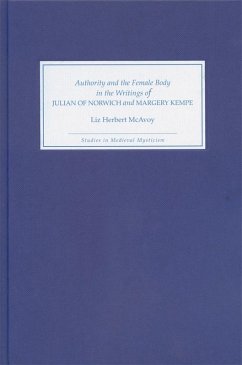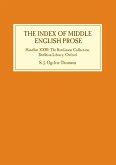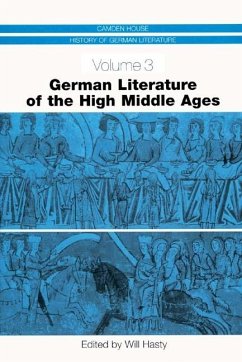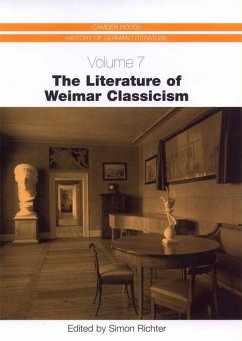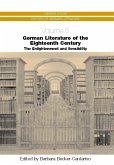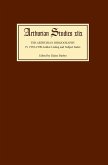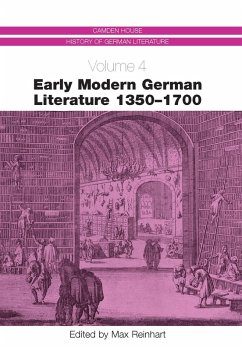An examination of ways in which the writings of Julian of Norwich and Margery Kempe were affected by traditional and contemporary attitudes towards women.
The writings of Julian of Norwich and Margery Kempe show an awareness of traditional and contemporary attitudes towards women, in particular medieval attitudes towards the female body. This study examines the extent to which theymake use of such attitudes in their writing, and investigates the importance of the female body as a means of explaining their mystical experiences and the insight gained from them; in both writers, the female body is central to their writing, leading to a feminised language through which they achieve authority and create a space in which they can be heard, particularly in the context of their religious and mystical experiences. The three archetypal representations of woman in the middle ages, as mother, as whore and as "wise woman", are all clearly present in the writings of Julian of Norwich and Margery Kempe; in examining the ways in which both writers make use of these female categories, McAvoy establishes the extent of their success in resolving the tension between society's expectations of them and their own lived experiences as women and writers.
LIZ HERBERT MCAVOY is Senior Lecturer in Gender in English and Medieval Literature, College of Arts and Humanities, Swansea University
The writings of Julian of Norwich and Margery Kempe show an awareness of traditional and contemporary attitudes towards women, in particular medieval attitudes towards the female body. This study examines the extent to which theymake use of such attitudes in their writing, and investigates the importance of the female body as a means of explaining their mystical experiences and the insight gained from them; in both writers, the female body is central to their writing, leading to a feminised language through which they achieve authority and create a space in which they can be heard, particularly in the context of their religious and mystical experiences. The three archetypal representations of woman in the middle ages, as mother, as whore and as "wise woman", are all clearly present in the writings of Julian of Norwich and Margery Kempe; in examining the ways in which both writers make use of these female categories, McAvoy establishes the extent of their success in resolving the tension between society's expectations of them and their own lived experiences as women and writers.
LIZ HERBERT MCAVOY is Senior Lecturer in Gender in English and Medieval Literature, College of Arts and Humanities, Swansea University
Dieser Download kann aus rechtlichen Gründen nur mit Rechnungsadresse in A, D ausgeliefert werden.

